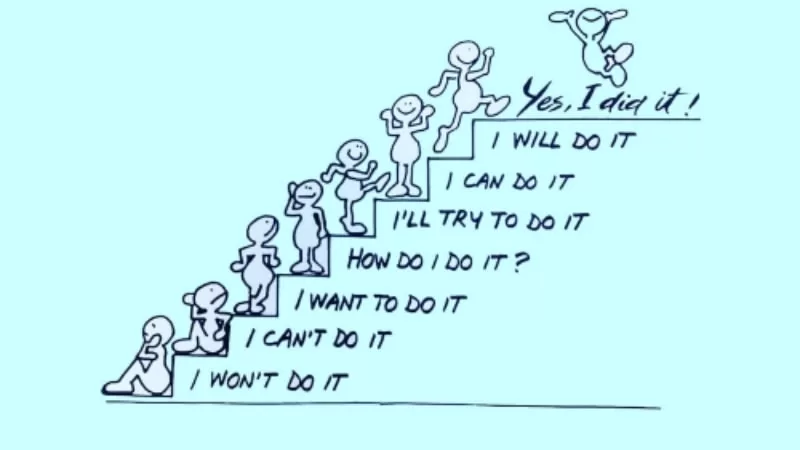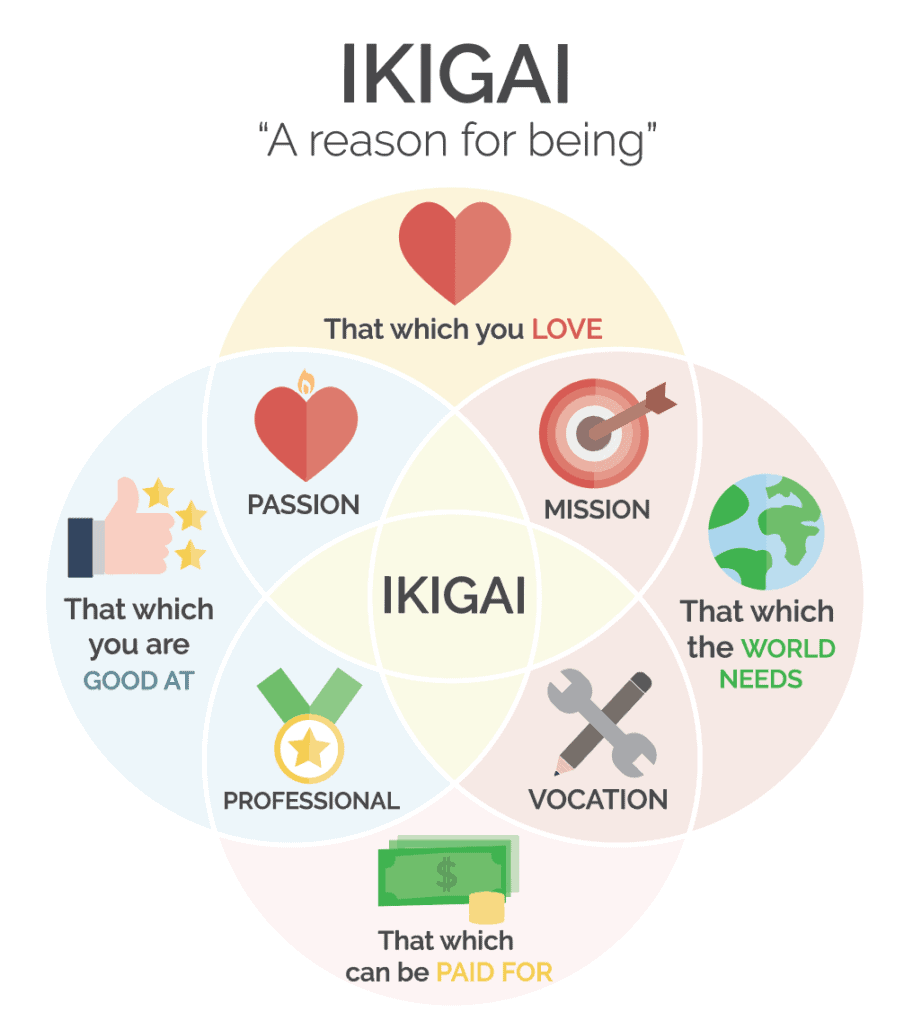Money gives us choices—it allows us to live life on our terms. But when you’re financially dependent on a narcissist, those choices are taken away, and you’re left feeling trapped.
Surviving narcissistic abuse isn’t just about healing emotionally; it also means regaining control over your life.
Rebuilding your financial independence is one of the most empowering steps you can take after surviving narcissistic abuse, ensuring you never have to rely on or tolerate another narcissist in your life again.
In this guide, you’ll learn how to take back control of your finances, rebuild your independence, and move forward stronger than ever.
Understanding the Financial Impact of Narcissistic Abuse
Financial abuse and narcissistic abuse often go hand-in-hand in toxic relationships. While they can happen separately, financial abuse is a common tool that narcissists use to keep control over their victims.
Finance is undoubtedly one of the major aspects affected by narcissistic abuse. It might manifest as
-
- Underachievement in life due to narcissistic abuse in childhood
- Job losses caused by narcissistic bosses
- Academic struggles due to narcissistic parents or teachers
- Misuse of finances by partners or family members
- Partners not allowing pursuit of a job or higher studies
It’s highly unlikely that your finances have remained unscathed by narcissistic abuse.
Narcissists love using financial abuse to tighten their grip on control. Here’s why they do it:
- Establishing Dominance: By controlling the money, they make sure you stay dependent and are less likely to leave.
- Maintaining Image: Narcissists often use money to fake an image of success or generosity, while secretly draining your resources.
- Coercive Control: Financial manipulation is just one part of their bigger plan to isolate you from any kind of support or resources.
Money holds significant power in today’s world, opening doors and providing a safety net for many challenges. It’s especially crucial when surviving narcissistic abuse, and it’s never too late to start your journey toward financial independence.
Before you begin, remember to stop comparing yourself to others your age.
Focus solely on yourself for a year or two while rebuilding your life after surviving narcissistic abuse.
Concentrating on generating more income can divert your mind from rumination, offering new hope and direction.
Here are six methods we suggest to rebuild your finances after surviving narcissistic abuse.
Just a heads-up, this isn’t your typical financial advice.
1. Believe that you can make money.
The first step toward rebuilding your finances is believing you can. This can take a while, but don’t give up. Believing in yourself is the first step to surviving narcissistic abuse.
Years of gaslighting and name-calling (narcissistic abuse) may have shattered your confidence. Every time you hear a negative voice in your head, remember, it’s the narcissist talking.
If you’re reading this article, chances are you already have what it takes to start making money or improve your financial situation.
Making money isn’t rocket science. Plenty of people who are less talented or hardworking than you are earning a lot, so trust that you can too.
How to Cultivate Self-Belief After after Surviving Narcissistic Abuse
Building self-belief is essential after surviving narcissistic abuse. It’s not easy, but with some intentional steps, you can start regaining your confidence and sense of self. Here are a few practical ways to do it:
- Shift Your Perspective: Start by realizing that you’re in control of your own success. Instead of seeing failures as roadblocks, view them as learning opportunities. This shift in thinking helps you bounce back quicker and sets the stage for future growth.
- Overcome Limiting: Beliefs Identify those negative thoughts that keep you down. Replace them with positive self-talk and empowering affirmations. Slowly but surely, this will help improve your mindset and overall outlook.
- Practice Self-Love: You’ve probably heard it before, but self-love really is key. Get to know your strengths and weaknesses, and appreciate yourself for both. Embracing who you are is the foundation for building confidence.
- Focus on Your Strengths: It’s easy to dwell on weaknesses, but try to focus more on what you’re good at. Reflect on your past accomplishments and recognize the unique qualities that make you, you. This will help remind you of your worth.
- Set Small, Achievable Goals: Start small. By setting and achieving smaller goals, you’ll build momentum and start proving to yourself that you’re capable. This will help squash self-doubt over time.
- Visualize Your Success: Use visualization techniques to picture yourself reaching your goals. Creating a vision board can keep your aspirations front and center, serving as a daily reminder of what you’re working toward.
- Embrace a Growth Mindset: Believe in your ability to grow and improve. Instead of seeing challenges as impossible, view them as opportunities to learn and evolve. This mindset is crucial for long-term resilience.
- Face Your Fears: Fear is a natural part of personal growth. Instead of letting it stop you, use it as a reason to push forward. Set goals that challenge you to face your fears, and you’ll see how much progress you can make.
- Stay Consistent: Consistency is key. Build habits that boost your self-belief—whether that’s daily affirmations, celebrating wins, or reflecting on how far you’ve come. The more consistent you are, the stronger your confidence will grow.
By incorporating these strategies into your life, you’ll slowly rebuild the self-belief you need to succeed in all areas of life, especially after surviving narcissistic abuse.
The following infographic from Success unlimited mantra perfectly describes how to build self-belief.

2. Invest in your mental and emotional health.
If you have just discovered narcissism and its impact on your life, the next step is seeking help and trying to heal through therapy, healing programs, journaling, or joining support groups.
Your mental and emotional well-being must be in good shape for you to gain clarity about what you want your life to be.
If you’ve been surrounded by narcissists all your life, you may have never had the opportunity to understand yourself, your likes, and your dislikes.
So, give yourself time to heal from narcissistic abuse. Please remember, no one can correctly predict the time required for healing, and the healing process is not linear.
If you need money for therapy, consider picking up small jobs like tutoring or waiting tables—something easy to find and manage.
You could also ask for financial help to save time and focus on building a new skill or income stream. Remember, not all debt is bad if it helps you invest in your future.
Don’t be ashamed to take on jobs you might feel are “beneath” you or to ask for financial help. Think of them as temporary support to get you back on your feet after the trauma. Once you’re steady again, you’ll be ready to take on bigger challenges.
Try to practice self-compassion. Be patient and try not to worry too much about the future at this point.
If you’re stuck in a toxic, narcissistic workplace that’s affecting your mental health, it’s a good idea to quit once you’ve saved up enough or found another job—even if it pays less. Your well-being should always come first.
As Abraham Lincoln said,
Give me six hours to chop down a tree, and I will spend the first four sharpening the axe.
If you are not well mentally and emotionally, you will not be able to perform efficiently, and it will be more time-consuming to achieve your goal. So, sharpen your axe first.
Focus on your mental health and healing. Be kind to yourself, and don’t hesitate to ask for help from empathetic individuals around you.
Getting validation from support groups and educating yourself can really boost your self-confidence. You’ll probably have moments of tears, rumination, and anger—but those are all part of the healing process.
But you will see the light at the end of the tunnel. It will get better. Keep all narcissists and their enablers at a distance. Avoid trying to interact or minimizing interactions.
Here are several mental health resources available for individuals who may not have the financial means for traditional therapy:
Immediate Support
- Crisis Hotlines: You can reach out to the National Suicide Prevention Lifeline at 1-800-273-TALK (8255) or text 988 for immediate, confidential support from trained counselors available 24/7. The Crisis Text Line also offers support by texting HOME to 741-741
Community Resources
- Community Mental Health Centers: These centers often provide low-cost or sliding scale therapy. Many are funded by local governments and can offer services regardless of insurance status. Check your local government website for listings.
- Federally Qualified Health Centers: These centers provide comprehensive health services, including mental health care, often on a sliding scale based on income.
Educational Institutions
- School Counseling Services: If you’re a student, many high schools and colleges offer free counseling services through their health centers or psychology departments, which may include access to graduate students in training.
Nonprofit Organizations
- Open Path Psychotherapy Collective: This nonprofit connects individuals with therapists who offer sessions at reduced rates, typically between $30 and $50.
- National Alliance on Mental Illness (NAMI): NAMI provides a helpline for support and resources. You can text NAMI to 741741 for help
Online Resources
- 7 Cups: This platform offers free emotional support through chat with trained volunteers and access to community forums
- Mental Health America: Provides self-help tools and resources for mental health screening and guidance on accessing professional help
- Bliss by the Centre for Interactive Mental Health Solutions: Offers self-management tools and resources for coping with mental health challenges online
Self-Help Strategies
- Cognitive Behavioral Therapy (CBT) Techniques: You can implement CBT strategies independently to manage symptoms of anxiety or depression. Resources are available online to guide you through these techniques
- Peer Support Groups: Participating in local or online peer-led support groups can provide community and understanding without cost. Organizations like NAMI often host these groups
3. Build your core.
During the healing phase after surviving narcissistic abuse, focus on figuring out your core beliefs,wounds, values, fears, needs, hopes and vulnerabilities.
Developing new hobbies and skills is a powerful way to rebuild after surviving narcissistic abuse. It might seem like a luxury or a waste of time, especially when money’s tight, but think of this phase as a rebirth—a second childhood.
Be Curious, Be Playful
If you never had the chance to truly be a kid, now’s your time. Be curious about the world again. Dive into activities that interest you without the pressure of perfection. Experiment with things you’ve always wanted to try—whether it’s cooking, painting, coding, or something else entirely.
Learn and Explore
This is your chance to be a student of life. Take up courses, watch tutorials, read books, and soak in knowledge. Don’t just focus on hobbies for fun; also look into skills that could help you make money or open up new opportunities. The internet is full of free and affordable resources—use them to your advantage.
Listen and Grow
Surround yourself with people who inspire you. Whether it’s podcasts, YouTube channels, or local mentors, pay attention to those who’ve figured out how to make money or have valuable skills to share. Stay open-minded and humble—this phase is all about growth.
4. Try to find your ‘Ikigai’.
Ikigai is a Japanese concept referring to something that gives a person a sense of purpose. You can find your ikigai by mainly looking at the following four parts. Your ikigai is at the intersection of all of the four concepts:
- What you love
- What you’re good at
- What you can be paid for
- What the world needs
Start from Your Childhood
When you’re rebuilding your life after surviving narcissistic abuse, it can be helpful to reconnect with the parts of yourself that got lost along the way. A great place to start is with your childhood. Think about what made you excited back then.
What were the things you couldn’t wait to do after school? What did you daydream about? Write it all out.
What Did You Look Forward to in School?
Did you love art class, sports, science projects, or reading stories? Reflect on the subjects or activities that lit you up as a kid.
Those childhood passions can often give you clues about your core interests and strengths, things that may have gotten buried under the weight of toxic relationships or life’s challenges.
What Were Your Wildest Dreams?
In an ideal world, where you could be or do anything, what would it be? Tap into those “wild” dreams. They don’t have to be practical right now. This exercise is about exploring what truly excites you.
Don’t limit yourself with thoughts of whether it’s realistic—just let yourself dream. Who knows, these ideas might spark a passion or hobby you can build on!
What Are You Good At?
Another great way to figure out your path is to think about the areas where people naturally come to you for advice or compliment you. Are you a great listener? Do people admire your style? Maybe you’ve got a way with words or have a knack for organizing.
These little clues from others can help point you in the direction of your natural talents and strengths.
Do You Want to Work for Someone or Start Something Yourself?
Once you have some ideas, think about whether you’d prefer to start something of your own, like a side hustle or business, or whether you want to work for someone else.
There’s no right or wrong answer here—both paths offer unique challenges and rewards. Just focus on what feels best for you and your healing journey.
Take this time to reflect, dream, and rediscover the parts of yourself that were buried under the narcissist’s control. You’ve survived, and now it’s time to thrive!
The following infographic from CEO of your life perfectly describes Ikigai.

5. Try to create multiple streams of income.
As you move forward in your healing journey after narcissistic abuse, it’s important to focus on building financial security. One of the best ways to do this is by creating multiple sources of income over time. Start small—maybe build one new income stream within the next year or two. We’re lucky to live in an era where starting a business, especially online, is more accessible than ever.
By diversifying your income, you’ll create options for yourself. This means if you ever find yourself in a toxic or narcissistic workplace, you won’t feel trapped. You can walk away without the financial fear that often comes with these situations.
Relying on a single source of income can leave you vulnerable, so try to build something that you can truly call your own. It could be a side hustle, an online business, or even investments. The key is to give yourself financial freedom so you’re never dependent on someone else—especially not a narcissist.
6. Learn, learn and learn.
When you’re rebuilding after surviving narcissistic abuse, one key life skill to focus on is learning the basics of investing.
One important concept to understand is inflation. If your money isn’t growing, it’s actually shrinking due to rising costs of living. So, learning to invest is crucial in order to keep your purchasing power and financial security intact. Whether it’s stocks, real estate, or other forms of investing, your goal should be to make your money grow faster than inflation.
Keep an eye out for opportunities around you. It could be a business idea, a freelance gig, or a side hustle. The more you train your mind to recognize potential money-making ventures, the more opportunities will come your way.
Start small, learn as you go, and always be curious about ways to grow your money. Financial independence is a journey, and every step you take counts.
Taking the Next Step
Rebuilding your financial independence after surviving narcissistic abuse is a journey, but it’s one worth taking. Each small step gets you closer to a life where you’re fully in control—financially and emotionally.
You’ve survived the hardest part—now it’s time to thrive. By taking charge of your finances, you’re not just surviving narcissistic abuse—you’re reclaiming your power and your life.
Frequently Asked Questions
How to gain financial independence from a narcissist?
Do not let the narcissist know your plan. Try to build new skills or use existing ones to create an income. Open a separate bank account that the narcissist doesn’t know about. Find a support system. Once you have enough financial security, consider the possibility of leaving the narcissist.
What is financial abuse from a narcissist?
Financial abuse by a narcissist includes controlling finances, creating debt, isolating the victim from financial information, sabotaging efforts to pursue education or career opportunities, making financial threats, and pressuring their partner into making financial choices that primarily benefit the abuser.
Legal and Financial Resources
https://www.moneygeek.com/financial-planning/resources/financial-help-women-abusive-relationships/
https://www.womenslaw.org/find-help/finding-lawyer
https://www.wallstreetmojo.com/financial-planning-apps-software

